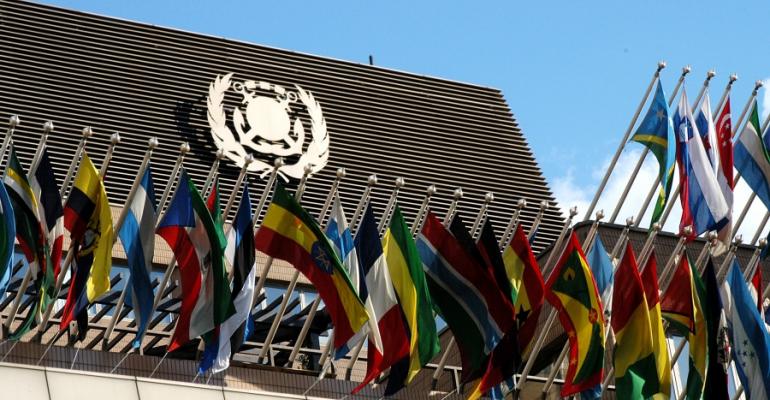Having been very close to ratification for several years Finland has finally pushed the scales past the 35% of the world fleet by gross tonnage one of two key metrics for the convention to come into force 12 months later.
September 8, 2017, is now set to be a key date for shipowners, managers and equipment manufacturers around the world.
'This is a truly significant milestone for the health of our planet,' said IMO secretary-general Kitack Lim.
'The spread of invasive species has been recognized as one of the greatest threats to the ecological and the economic well-being of the planet. These species are causing enormous damage to biodiversity and the valuable natural riches of the earth upon which we depend. Invasive species also cause direct and indirect health effects and the damage to the environment is often irreversible,' he said.
The news immediately spurred two leading shipping associations to issue statements on the uncertainty related to the more strict US approval regime for treatment equipment which started to be enforced in January 2014 (the US not being a Party to the IMO Convention).
The International Chamber of Shipping said, 'it is now more vital than ever that IMO Member States finalise the revision of the G8 Type Approval Guidelines for treatment systems at the next session of the IMO Marine Environment Protection Committee this October.
ICS chairman, Esben Poulsson said: 'We must ensure that shipowners can have absolute confidence that the expensive equipment they will soon have to install will be effective in treating ballast water conditions normally encountered during worldwide operations and be regarded as fully compliant during Port State Control inspections.
'The fixing of a definite implementation date, after so many years of delay, will at least gives shipowners some of the certainty needed to make important decisions about whether to refit the new mandatory treatment equipment or otherwise to start sending ships for early recycling,' Poulsson added. 'Unfortunately, the entry into force of the new IMO regime will not resolve the extreme difficulties that still exist in the United States.'
The US regulations require all ships that discharge ballast water in US waters to use a treatment system approved by the US Coast Guard. However, because no systems have yet been approved, ships already required to comply with the US regulations have either been granted extensions to the dates for fitting the required treatment systems or else permitted to install a USCG accepted Alternate Management System (AMS), in practice a system type-approved in accordance with the current IMO Guidelines.
However, an AMS will only be accepted for operation for five years, after which time a fully USCG approved system must be installed. But the USCG does not guarantee that an AMS will be subsequently granted full approval.
Hence shipowners that may have installed an AMS in good faith, at a cost of between US $1-5m per ship, might then have to replace the system completely after only five years.
'The impasse in the US is a particular concern for operators that have installed ultra-violet systems,' observed Poulsson.
ICS says that the situation has been compounded by the Coast Guard announcing, at the end of last year, that it will not accept the methodology used by other IMO Member States to approve UV treatment systems when assessing the number of viable organisms in treated ballast water.
ICS will therefore be working with IMO Member States to impress upon the United States the importance of coming to a pragmatic solution. Otherwise, once the IMO Convention finally enters into force next year, the shipping industry will be faced with real chaos,' added Poulsson.
BIMCO which boats 2,200 members in around 130 countries including shipowners, operators and managers, voiced similar concerns calling on the IMO to 'expedite the revision of their G8 guidelines for approval of ballast water treatment systems.'
Lars Robert Pederson, deputy secretary general at BIMCO said, 'BIMCO is deeply concerned about the prospect of our members having to install treatment systems now which later may not be approved for use in US waters. This is because the US has not yet approved treatment systems that comply to its own, more stringent, national standards.
BIMCO said it was also concerned that systems approved to the present IMO standards are not robust enough to ensure that systems onboard real ships perform to the regulatory requirements to treat ballast water.
Copyright © 2024. All rights reserved. Seatrade, a trading name of Informa Markets (UK) Limited. Add Seatrade Cruise News to your Google News feed.


